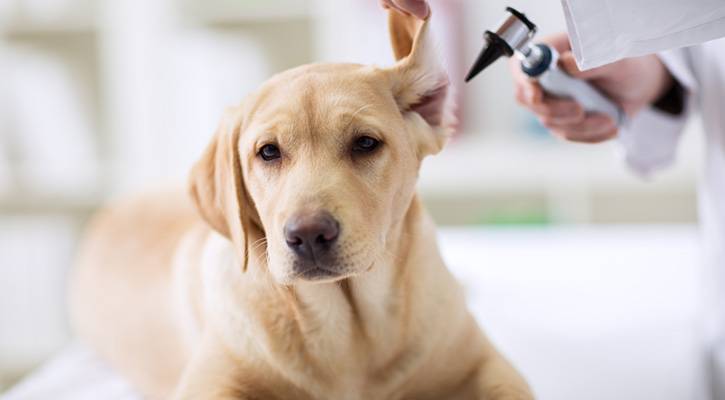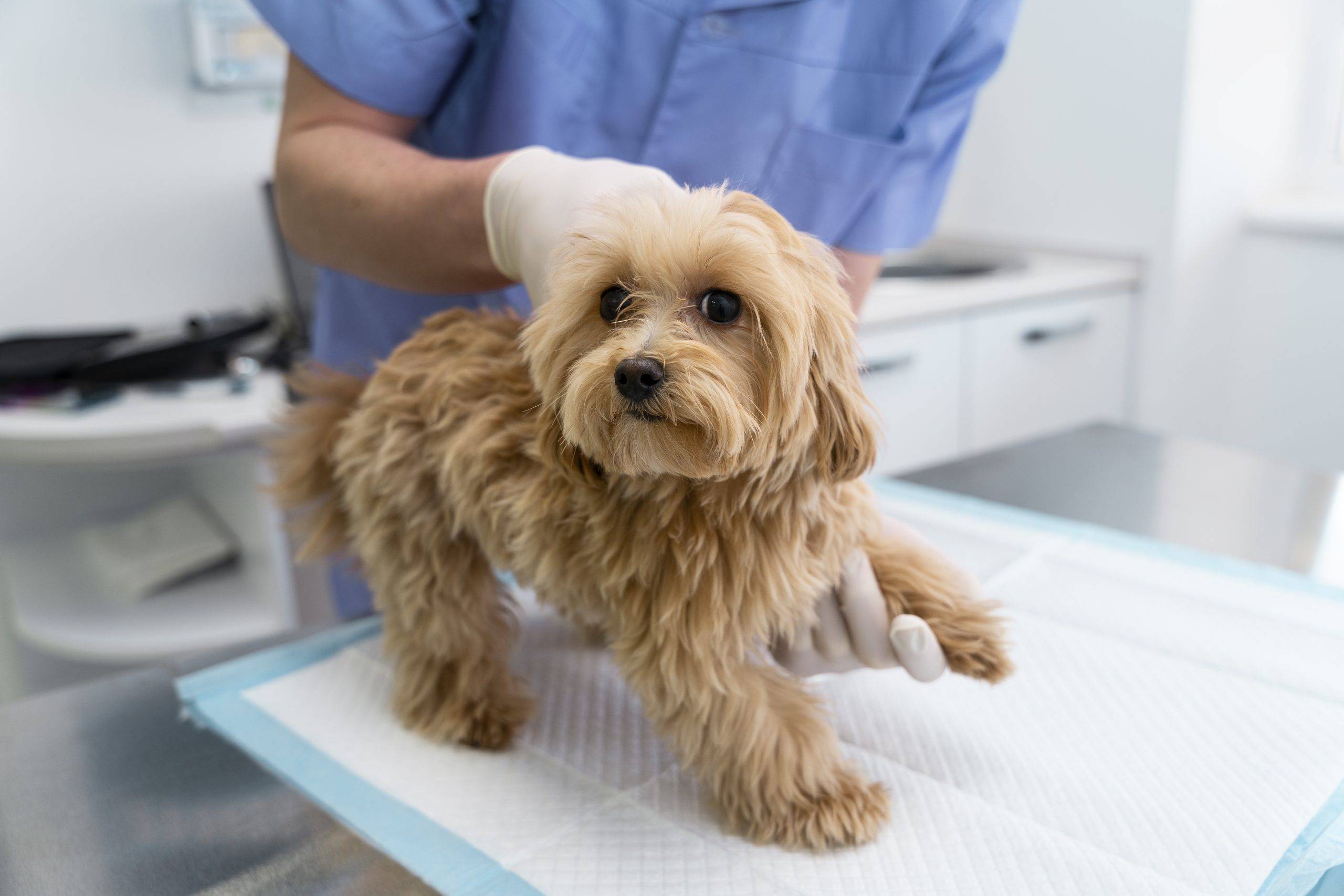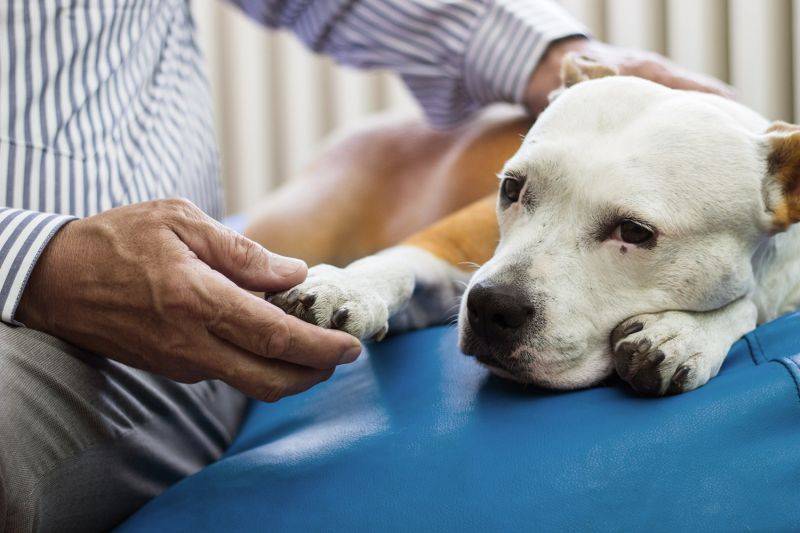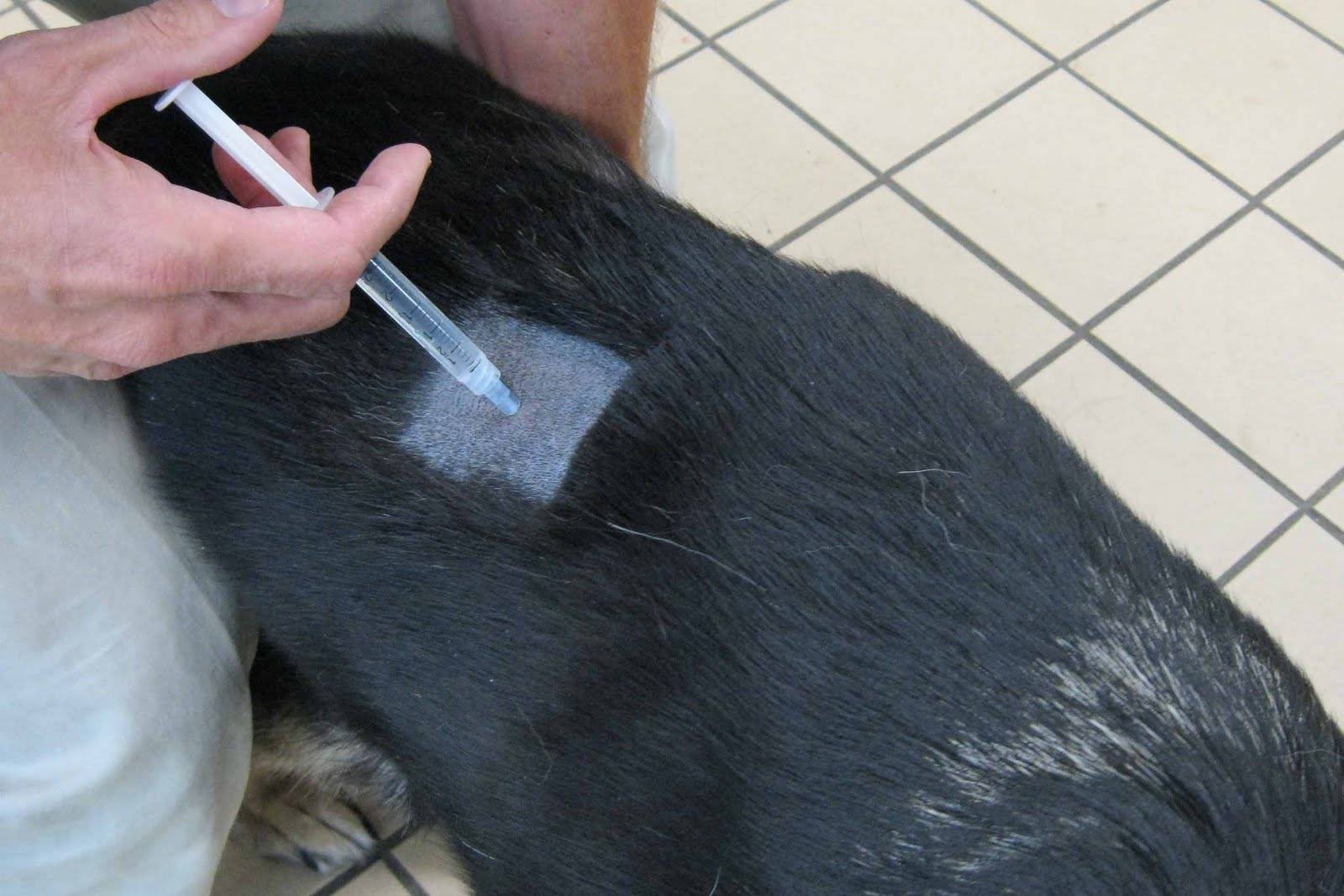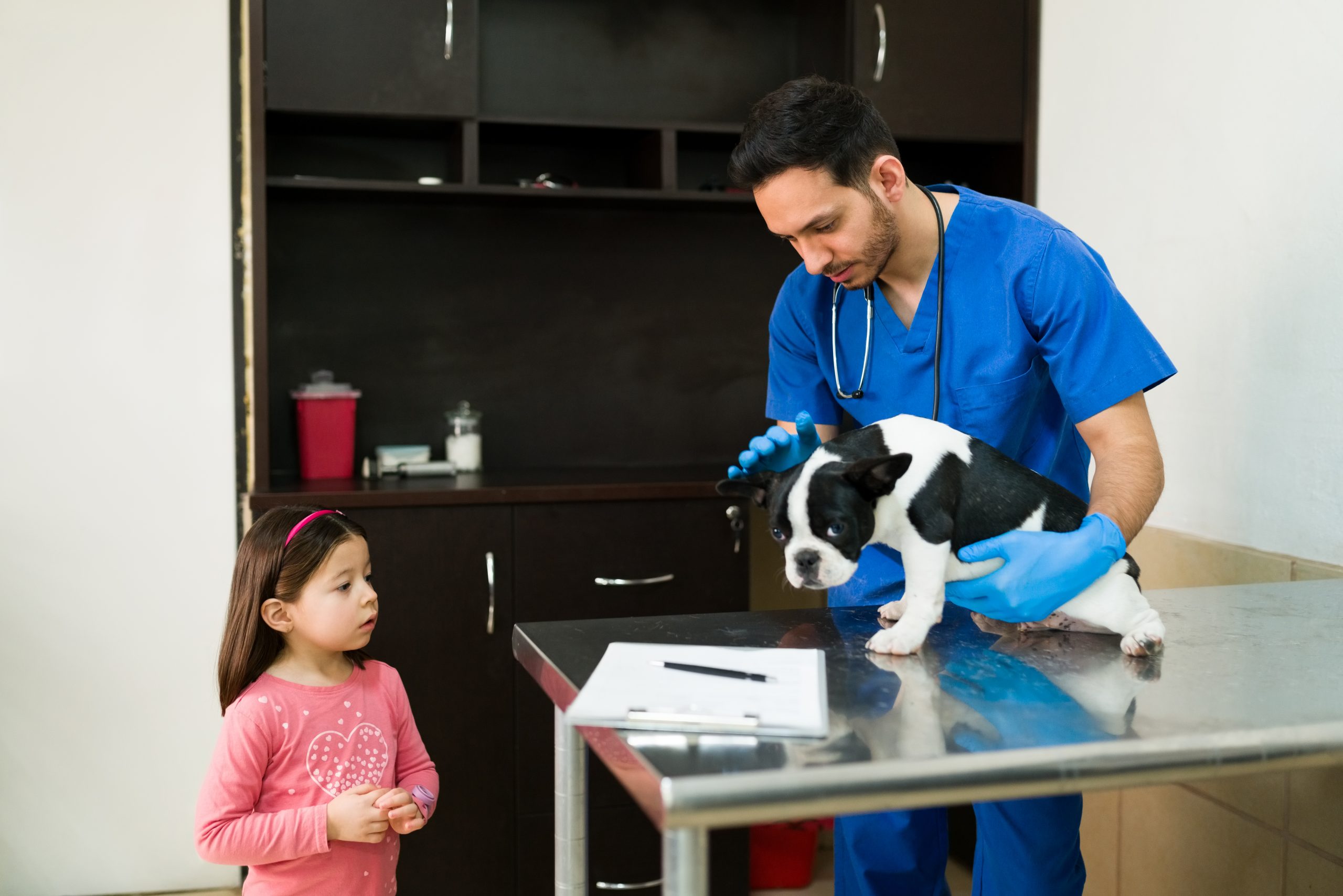Our furry friends hold a special place in our hearts, as they provide us with unwavering companionship, unconditional love, and a unique source of joy. In today’s fast-paced world, where stress and uncertainties abound, the presence of a pet brings solace and happiness, promoting mental well-being.
As responsible pet owners, we have to safeguard the health and happiness of our canine companions. Regular veterinary check-ups play a pivotal role in achieving this goal. From early detection to prevention, routine veterinary visits help your pet live a long, healthy, and happy life. Regular check-ups nip the emerging health problems in the bud and are crucial to extending your pet’s time by your side. Early detection allows your vet to treat a disease in the beginning stages and then manage the condition with medication or simple lifestyle changes.
Routine Vet Care for Dogs: A Pillar of Canine Well-Being
Regular veterinary visits are scheduled appointments with a qualified veterinarian to assess and monitor the overall health of your canine companion. Your dog’s age, breed, and existing health conditions will determine the frequency of these visits. Usually, an annual check-up is recommended for most dogs, while senior or more vulnerable dogs may benefit from more frequent visits.
By routine veterinary checkups for your dog, we mean proactive approaches adopted by professional vets to maintain your pet’s overall health and well-being. It involves a thorough examination of your pet’s overall health. This way, vets catch and solve problems early to keep your pets feeling their best.
With your pet’s wellness and extended healthier life at its core, this examination involves a thorough assessment of your dog’s physical condition, ensuring that any emerging concerns are identified and addressed promptly.
- The assessment commences by taking your pet’s vitals. Your Vet also takes the pet’s vital signs, such as their heart rate or respiratory health. Taking vital is crucial to avoid any cardiac issues in your pet as it may give rise to lung diseases as well.
- Next is a thorough examination of your pet’s ears, eyes, and mouth for any sign of inflammation or infectious diseases.
- The quality of your pet’s skin and hair coat exhibits their overall health. Your vet assesses the pet’s skin and considers any signs of mange, allergies, skin infections, endocrine imbalances, fleas, and poor nutrition.
- A thorough abdomen analysis is also crucial for your pet’s wellness. While conducting abdominal palpation, your veterinarian checks for abnormal masses and organ size.
- Your pets must be examined to ensure their muscular and bone health. Veterinarians carefully assess any musculoskeletal issues in your pets.
In addition to your pet’s physical examination, your vet will also asses your pet’s mental well-being and, based on the findings, may suggest additional diagnostic testing.
Regular Vet Visits for Dogs: Boosting Your Dog’s Well-Being with Tailored Care
Regular vet visits offer myriad benefits for your furry friend, contributing to their overall health and longevity. These checkups offer customized care according to your pet’s specific needs. Moreover, vaccinations and preventive treatments that are administered during these visits protect your dog from various diseases and parasites, reducing the risk of serious illnesses.
Let’s unfold some benefits that regular veterinary checkups bring for your pet.
1. Early Detection of Health Issues:
Routine check-ups enable veterinarians to identify health issues in their early stages, which helps them prompt intervention and treatment. This proactive approach not only enhances the chances of recovery but also minimizes the potential long-term impact on your dog’s well-being.
For instance, diseases like cancer, when detected early, maybe more manageable, offering a greater quality of life for the dog and alleviating emotional distress for the owner.
2. Improved Dental Health:
Regular dental check-ups as part of vet visits help maintain good oral hygiene, preventing dental issues that can impact overall health. Your pet’s teeth and gums must be checked at least once a year by your veterinarian. If you notice any broken or loose teeth or feel lousy breath, consult your veterinarian without any delay. Your veterinarian will look for signs of gingivitis, loose teeth, tartar accumulation, and oral masses. A timely cure will keep your pet’s oral hygiene at its best.
3. Weight management
Obesity is a common health issue among dogs and can lead to serious health complications like diabetes, arthritis, and joint pain. During a routine checkup, your vet will assess your dog’s weight and treat them accordingly.
If your dog is overweight or underweight, professional vets create diet and exercise plans that will help your pet reach and maintain a healthy body weight.
4. Behavioral Assessments:
Behavioral evaluation is a complete medical examination that can address behavioral concerns and provide guidance on training, ensuring a harmonious relationship between you and your dog.
Any unexpected change in your pet’s behavior often calls for a prompt visit to the veterinary practice. For instance, if your happy dog suddenly started exhibiting a fearful or aggressive attitude, or your cat has started soiling outside the litter box. These changes can be an alarm for an underlying problem. By identifying signs of anxiety, fear, or aggression, veterinary professionals can tailor their approach to create a more comfortable and positive experience for the dog and the owner.
How Often Should a Dog Go to the Vet: Personalized Frequency Guidelines
The frequency of your pet’s visit to a vet depends on various factors, including the dog’s age, health status, and any specific medical conditions.
Puppies, adult dogs, and senior dogs all require different schedules for their wellness checkups. Let’s quickly go through a general guideline for their veterinary visits.
1. Puppies (up to 1 year old)
Puppies require more frequent vet visits, as the early pet age requires a series of vaccinations and deworming treatments. A common schedule includes visits at 6-8 weeks, 10-12 weeks, 14-16 weeks, and 18-20 weeks for vaccinations.
2. Adult Dogs (1-7 years old)
An annual veterinary checkup is recommended for a healthy adult dog. These yearly checkups will not only administer their necessary vaccinations but also assess their overall physical and mental health.
3. Senior Dogs (7 years and older):
Senior dogs often need more frequent veterinary check-ups, typically every 6 months or as advised by your veterinarian. These visits are crucial for early detection of age-related issues, diet adjustment, and discussions about the abrupt changes in your pet’s behavioral or cognitive function.
Conclusion: Nurturing the Canine-Owner Bond through Routine Vet Care
In conclusion, routine vet care for dogs is not just a series of appointments but a testament to the love and commitment we have for our pets. Scheduled routine checkups are pivotal for ensuring the healthy and long life of your pet.
Moreover, your vet acknowledges potential health issues and nurtures the bond you share with your pets. Through regular wellness check-ups, vaccinations, and timely cures, your team of vets provides expert guidance to make sure that your pets live their happiest, healthiest lives.

